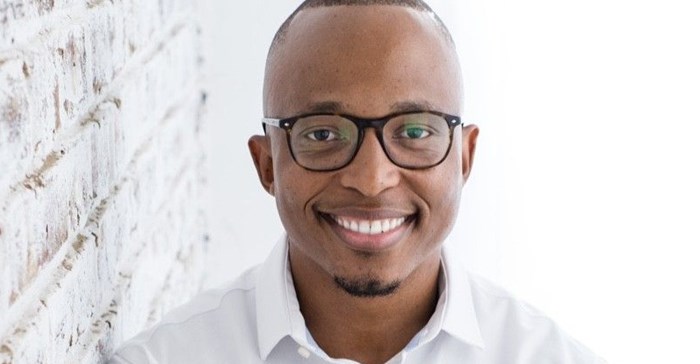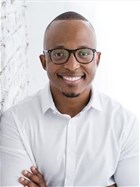Marketing & Media trends
Industry trends
BizTrends Sponsors
Trending




 Sabre EMEA 2024 Awards: Razor PR, Retroviral top SA agenciesDanette Breitenbach
Sabre EMEA 2024 Awards: Razor PR, Retroviral top SA agenciesDanette Breitenbach
#BizTrends2022: Hospital teams to deliver remote, at-home, vital-sign monitoring

Driving the sector to cope with this is innovation, and one such innovation is hospital-at-home (HAH).
HAH sees patients, who would otherwise be admitted into a general ward in a hospital, able to heal from home instead, with 24-hour remote vital-sign monitoring and active clinical intervention from their treating doctor.
If an IV drip is needed, nurses are on call to set this up, and if there is any sign of deterioration, emergency services are very quickly on site.
The introduction of telematic technology to continuously monitor a patient in this way means bringing hospital-level care to the patient's home – is a highly desirable value proposition for all.
Global recognition
The HAH model is well established internationally.
The concept was first developed and tested by Dr John Burton, of Johns Hopkins School of Medicine, in 1995.
His initial research spanned three years and measured the health outcomes of older patients in homecare settings. The results were impressive.
The average length of treatment was shorter and overall costs were lower compared to hospital stays.
Added to this, both patients and their family members reported being more satisfied with care and family member stress was demonstrably lower.
Patients also regained the ability to do their usual tasks more quickly.
Surpassed clinical outcomes
What has since become clear is that healing from home isn’t only beneficial to older populations – it is just as beneficial to younger age groups.
The benefits are many, creating a shared-value approach to healthcare.
For patients, HAH has shown to have far better clinical outcomes.
You’re at lower risk of exposure to secondary infections and able to be more mobile from home – and we know that this is directly linked to a quicker recovery.
It also gives patients the chance to be closer to their loved ones which mentally plays a big part too.
Plus, who doesn’t prefer using their own bathroom and eating their own food?
Reducing the strain on hospitals
For hospitals and doctors, there is reduced pressure on resources, including hospital beds and on doctor time so that more patients can be treated remotely.
Patients who need to be in a hospital ICU or high care setting then have the necessary resources that may otherwise have been strained.
Specialist physicians are able to have patients in hospital for shorter stays before moving to HAH and surgeons are able to continue treating patients post-surgical discharge. This model also allows general practitioners (GP) to play more of a role in their patient’s treatment.
Traditionally GPs would refer their patient to a specialist, and hand over care, but with the HAH model, they’re able to be fully involved (and remunerated) through their treatment plan.
In addition, nurses have more time for the more human-centred tasks rather than the arduous monitoring of vital signs, which helps with the serious issue of healthcare worker burnout.
Medical-scheme coverage
From a medical scheme point of view, HAH and remote monitoring services are now starting to be covered from a patient’s hospital plan benefit, with a shorter duration of treatment needed for HAH patients.
This means much more affordable access – attractive to health insurers and patients alike.
Overall, HAH offers the same quality hospital care, at much lower rates and with better clinical patient outcomes.
Big local players adopting this healthcare model
As these home-health services are becoming more sought after here in South Africa, big local players are now starting to make their move into this new healthcare model, recognising the urgent need – and multiple benefits – of quality healthcare from the comfort of your home.
The burden on our healthcare system isn’t going away anytime soon. Even without a pandemic, health resources are strained.
So, we need to come up with innovative new ways to tackle these challenges – and the research-backed HOH model is proving to be one such innovation.





